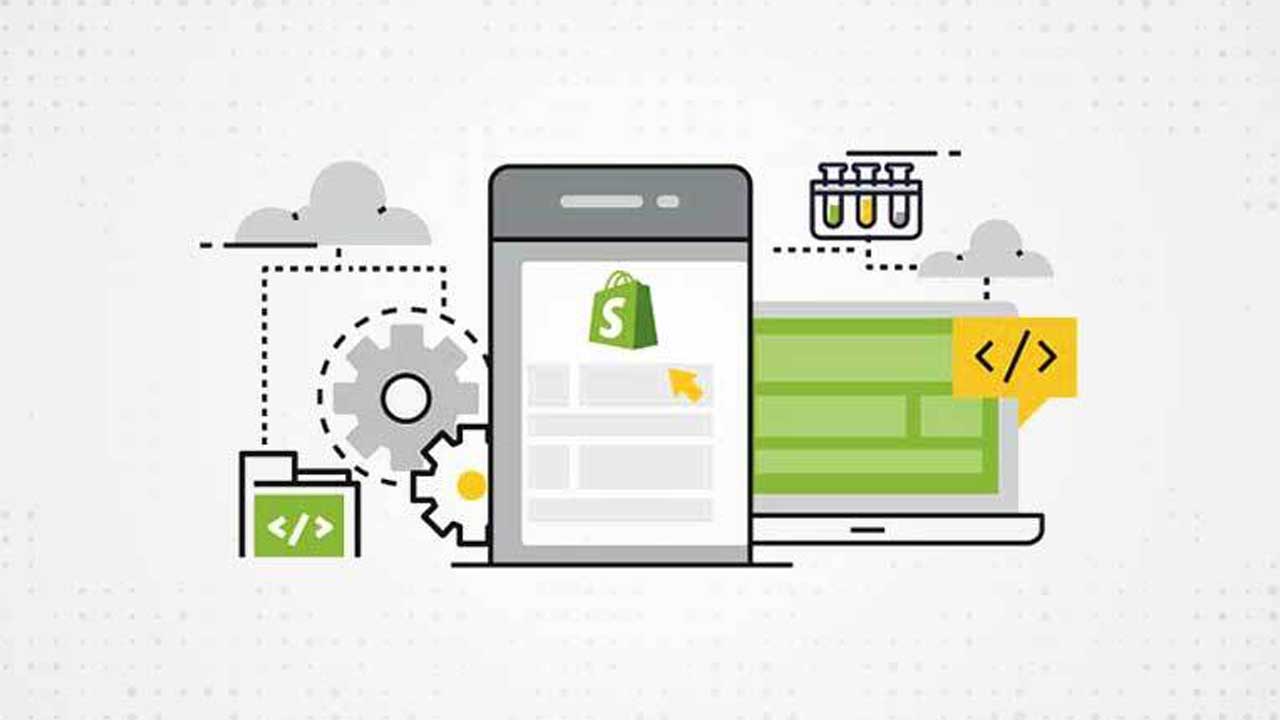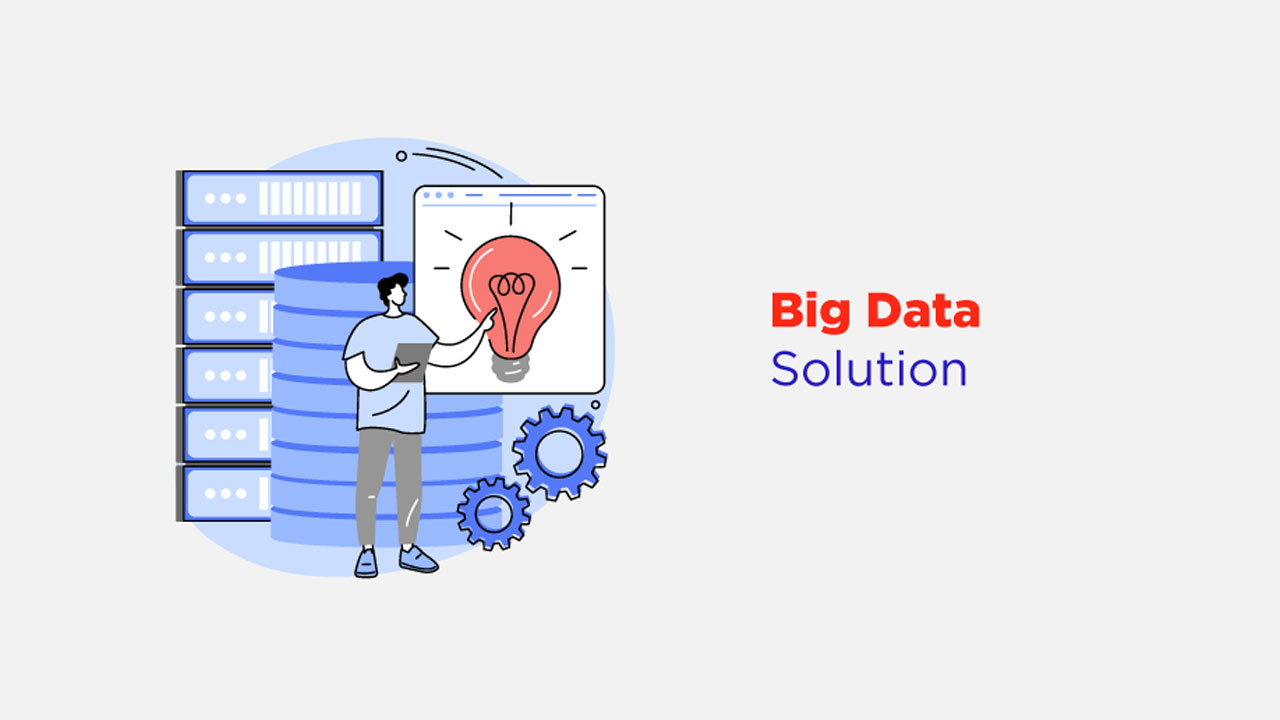Shopify Module Development: Enhance Your Store’s Functionality with Custom Modules and Extensions
In today’s competitive eCommerce landscape, having a Shopify store that stands out isn’t just about design; it’s also about providing unique functionalities that cater to your business needs. Shopify module development allows businesses to create custom extensions and integrations that enhance store performance, streamline operations, and offer customers a better experience. This blog delves into how custom Shopify modules can transform your store, the development process, and key considerations when investing in this customization.
Introduction to Shopify Module Development
Shopify is a robust eCommerce platform, but every business has its unique needs. Out-of-the-box solutions might not always be sufficient, which is where Shopify module development comes in. You can design custom modules and extensions to add specific features, automate tasks, or integrate third-party tools, giving your store a competitive edge.
Why You Need Custom Modules for Your Shopify Store
1. Tailored Functionality: Unlike pre-built apps, custom modules are developed with your specific business requirements in mind. Whether you need a unique payment gateway integration, a tailored inventory management system, or specialized reporting tools, a custom module can be designed accordingly.
2. Enhanced Customer Experience: Custom modules can improve your store’s user experience by providing seamless navigation, personalized recommendations, or improved checkout processes. Happy customers lead to higher conversion rates and increased loyalty.
3. Scalability: As your business grows, your Shopify store should evolve too. Custom modules are scalable, allowing you to add or modify functionalities as per the changing demands of your business.
4. Improved Operational Efficiency: Automating repetitive tasks such as order processing, inventory management, and customer support can save time and resources. Custom modules are tailored to your workflows, ensuring smoother operations.
The Development Process of Shopify Modules
1. Requirement Analysis: The first step is to identify the specific needs of your store. This involves discussions with stakeholders, analyzing existing workflows, and pinpointing areas that need improvement.
2. Planning and Design: Once the requirements are clear, a detailed plan is created outlining the module’s architecture, user interface, and functionality. The design phase focuses on ensuring that the module is user-friendly and integrates seamlessly with your existing setup.
3. Development: This phase involves coding the module according to the specifications. Shopify’s development environment, along with its API, Liquid templating engine, and custom scripts, are used to build the module.
4. Testing and Debugging: Before deployment, the module is thoroughly tested to ensure it works as expected without causing conflicts with other parts of your store. Debugging is carried out to resolve any issues that arise during testing.
5. Deployment and Maintenance: Once the module is ready, it’s deployed to your live store. Post-deployment, regular maintenance and updates are necessary to keep the module running smoothly and to incorporate any future enhancements.
Key Features of a Well-Designed Shopify Module
1. Seamless Integration: The module should integrate smoothly with your store’s existing setup, including third-party apps and services.
2. User-Friendly Interface: An intuitive and easy-to-navigate interface ensures that both store owners and customers can use the module without complications.
3. Scalability and Flexibility: The module should be designed to accommodate future enhancements and scale as your business grows.
4. Security and Compliance: Data security is crucial, especially for eCommerce stores. A well-designed module must comply with industry standards and protect sensitive customer data.
5. Performance Optimization: The module should be optimized for performance to avoid slowing down your store, ensuring fast loading times and smooth operations.
Choosing the Right Development Partner
Developing a custom Shopify module requires technical expertise and an understanding of your business goals. When selecting a development partner, consider:
1. Experience in Shopify Development: Look for developers with a proven track record in building Shopify modules.
2. Portfolio and Client Reviews: Review their past work and read client testimonials to gauge the quality of their services.
3. Communication and Support: Ensure that the development team provides clear communication during the project and offers ongoing support for any issues post-deployment.
4. Cost and Timeline: Get a clear estimate of the cost and timeline for the project to avoid surprises later on.
Conclusion
Custom Shopify module development is an investment that can significantly enhance your store’s capabilities, streamline operations, and provide a better experience for your customers. Whether you need to add specific functionalities, integrate with third-party systems, or improve your store’s efficiency, custom modules offer the flexibility and scalability you need. By partnering with the right development team, you can unlock the full potential of your Shopify store.
FAQs
1. What is a Shopify module?
A Shopify module is a custom-built extension or plugin designed to add specific functionalities to a Shopify store. Developers tailor these modules to meet unique business needs that standard apps do not cover.
2. How long does it take to develop a custom Shopify module?
The timeline for developing a custom module varies depending on the complexity and scope of the project. Typically, the process can take from a few weeks to several months.
3. Can custom modules be integrated with existing Shopify apps?
Yes, developers can design custom modules to integrate seamlessly with your existing Shopify apps and third-party tools, ensuring compatibility and smooth operations.
4. Is it expensive to develop a custom Shopify module?
The cost depends on the features, complexity, and the expertise of the development team. While custom modules may require a higher upfront investment, they provide long-term value by delivering tailored solutions.
5. Will the module be updated as Shopify evolves?
Yes, you should maintain and update a well-designed module to ensure compatibility with Shopify’s latest features and updates.









